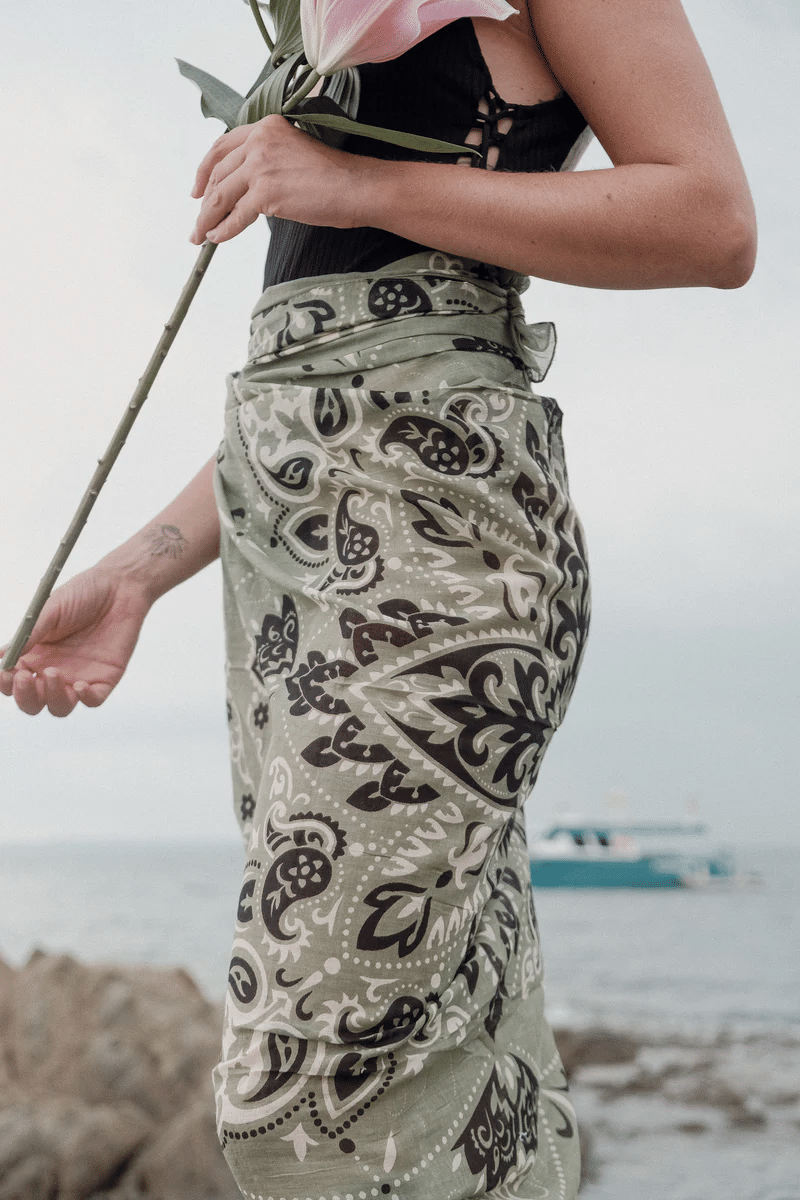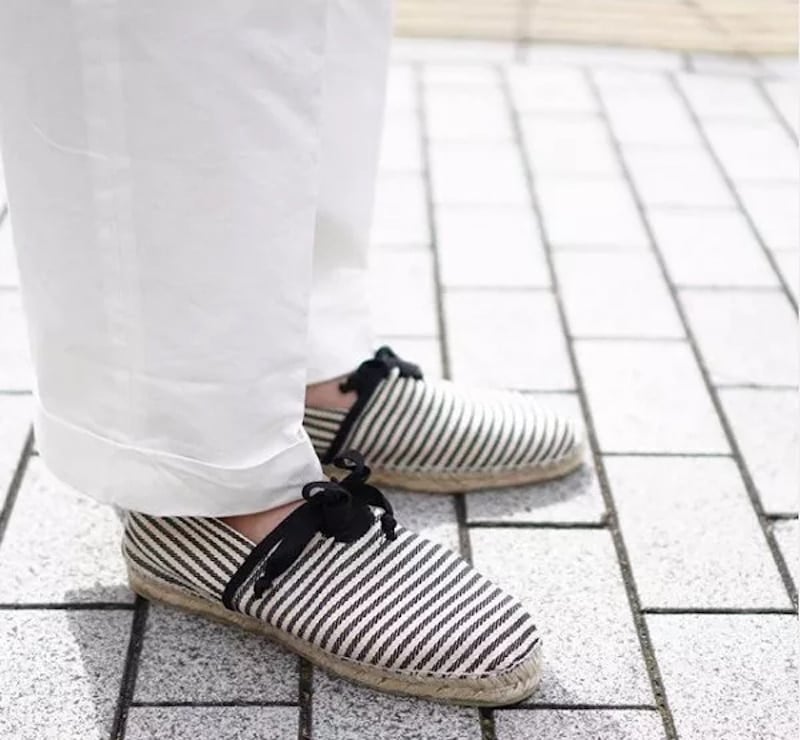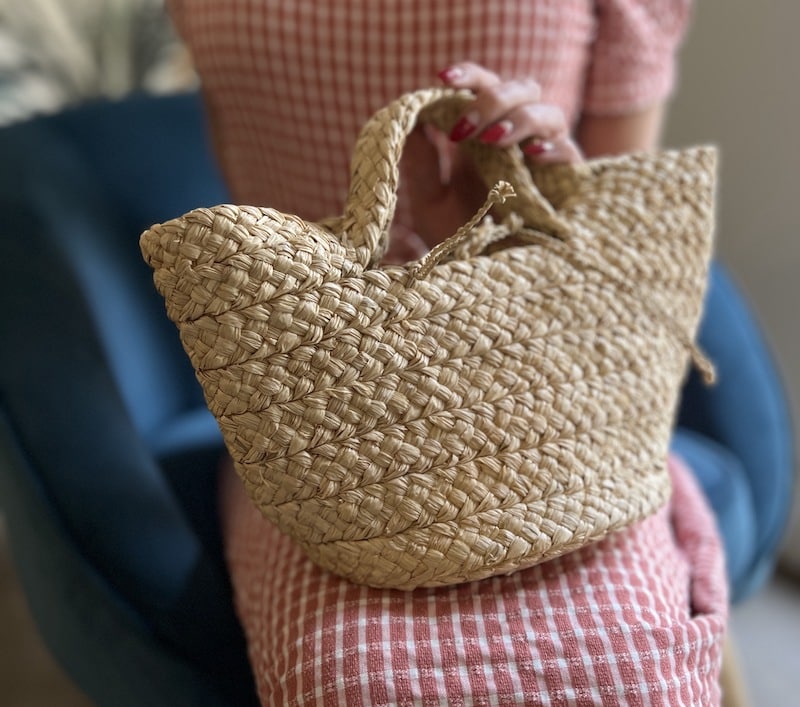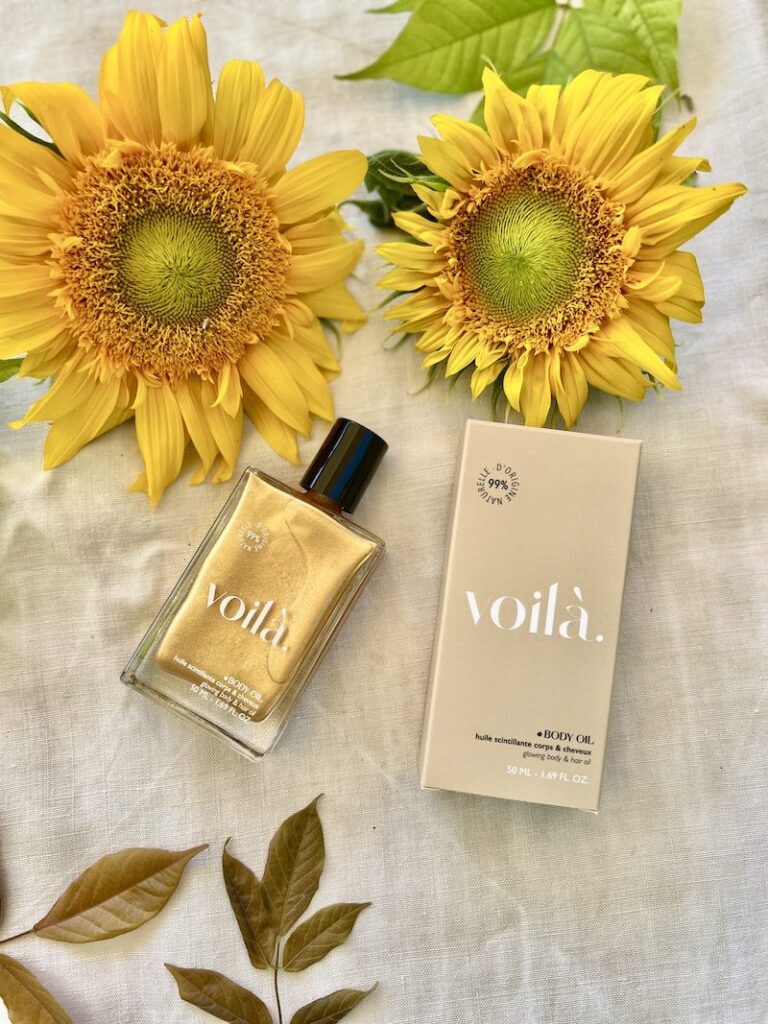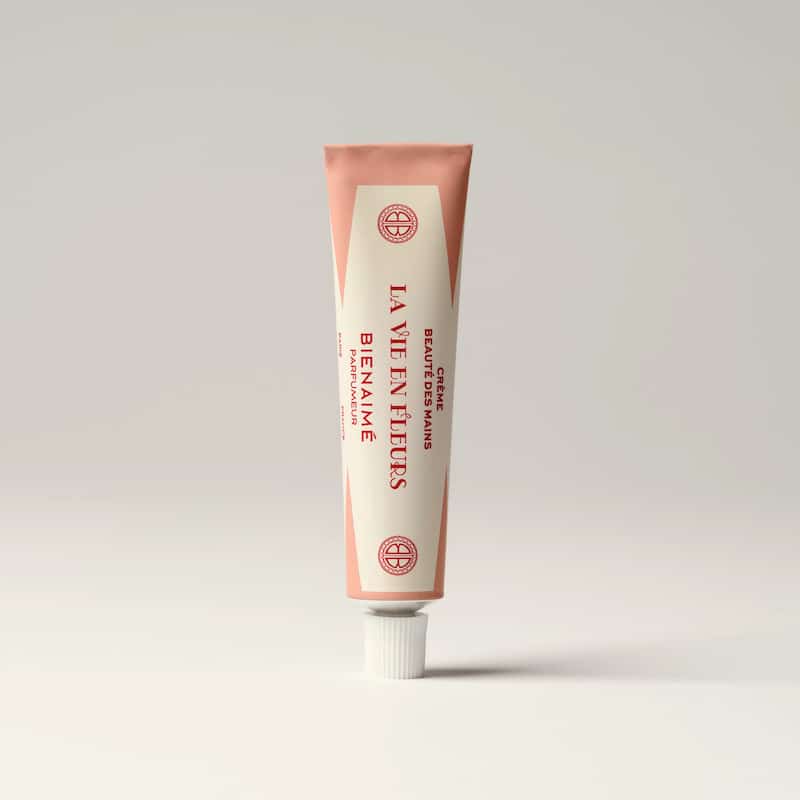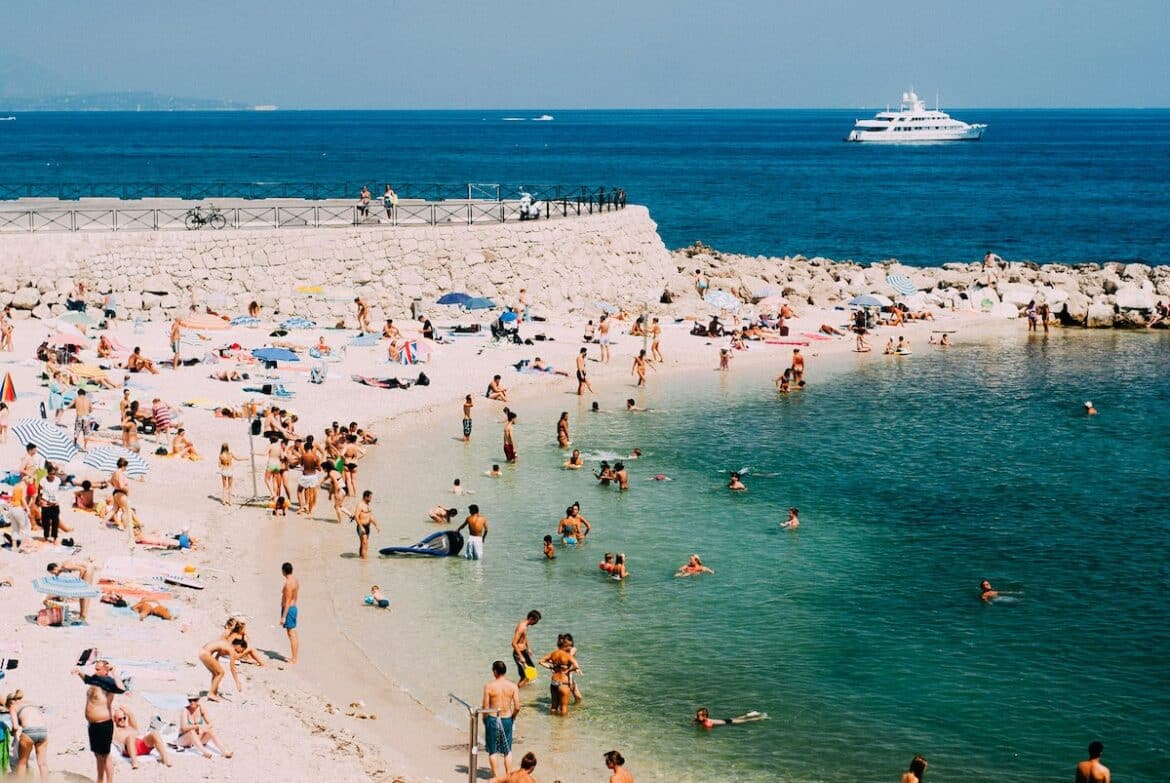Photo by © Oscar Nord
Every August, an interesting phenomenon occurs in France: cities quiet down, shops close, and the bustling energy of daily life takes a noticeable pause. This annual exodus, known as “les grandes vacances,” sees millions of French people flocking to the coastlines, countryside, and other vacation destinations, leaving urban areas almost deserted.
SUBSCRIBE TO THE MAGAZINE
Even in years when global events draw international attention — like the 2024 Summer Olympics in Paris — the tradition persists. While the world watches athletes compete and tourists flock to the capital, many Parisians and other French citizens still adhere to their deeply ingrained custom of taking the entire month off.
The tradition of the August break reflects a unique approach to work-life balance, family, and leisure that remains a cornerstone of French culture, regardless of global happenings. Read on to learn more about why the French take off the month of August.
Historical Roots of the August Vacation
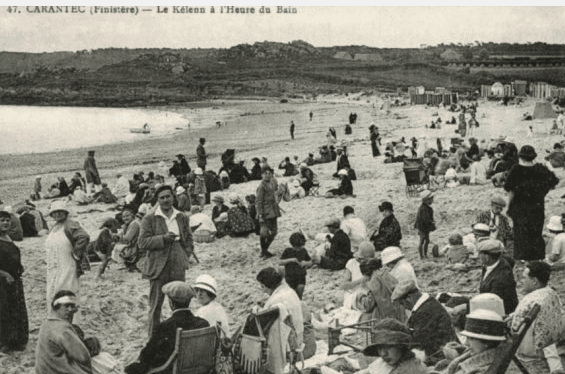
The tradition of taking a full month off has historical roots that date back all the way to the Middle Ages when Pope Gregory IX granted a one-month vacation to children who attended school to help out with agricultural work. This tradition lasted centuries and was in addition to religious holidays taken throughout the year. Then in the 19th century, when Napoleon was in power, a summer vacation was extended to six weeks, simply so that the children of the privileged class could get more integrated into the sociable networks.
Over the years, the summer vacations gradually grew longer and longer, but only those who had the means and ability to travel or stop working could afford to take it. This changed in 1936, when The Popular Front, a left-wing coalition of the French government, introduced two weeks of paid vacation time for workers, which many took during the month of August. This legislative change for the working class laid the foundation for the French to embrace the idea of a prolonged summer break, allowing them to escape the daily grind and enjoy quality time with family and friends.
A Deeply Ingrained Cultural Practice
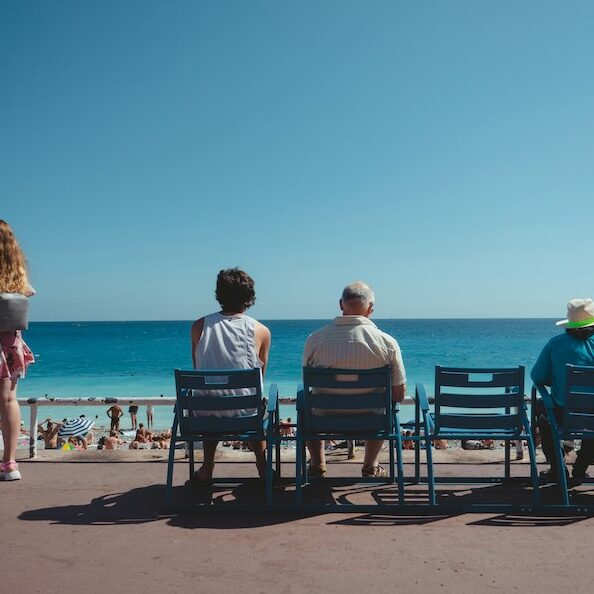
The French value their leisure time and prioritize quality of life over work. This cultural inclination is reflected in their generous vacation policies and the emphasis on savoring life’s pleasures. The concept of “joie de vivre,” or the joy of living, is a fundamental aspect of French culture. Taking time off in August allows people to reconnect with this philosophy, indulging in good food, beautiful landscapes, and meaningful relationships.
For many French families, the August vacation is a cherished tradition. It’s a time for multi-generational gatherings, where grandparents, parents, and children come together to bond and create lasting memories. The rhythm of daily life slows down, and the focus shifts to relaxation and enjoyment. Whether it’s lounging on the sandy beaches of the French Riviera, exploring picturesque villages in Provence, or hiking in the French Alps, August offers a myriad of opportunities for leisure and exploration.
The Economic and Social Impacts
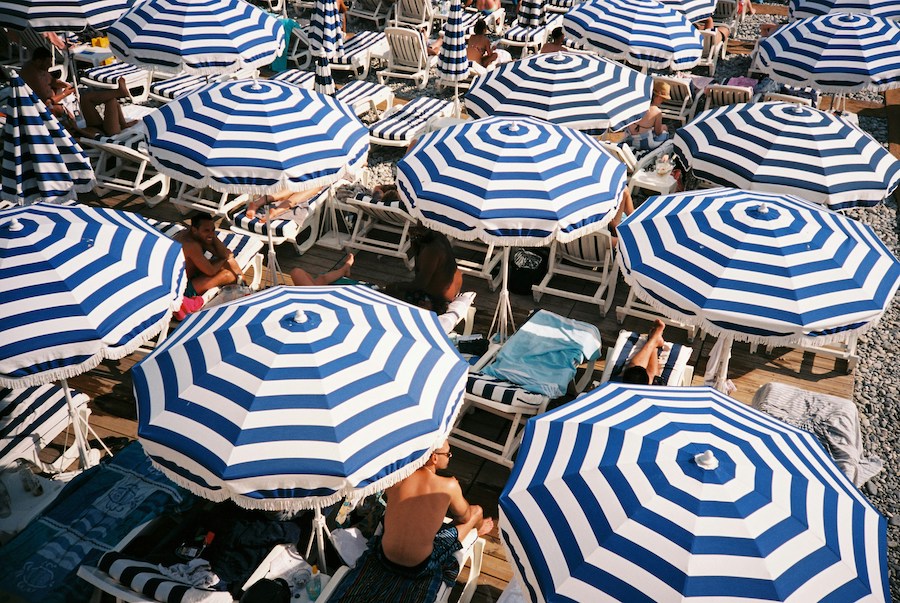
The mass departure during August has a significant impact on the French economy and society. Many businesses, particularly smaller ones, close their doors for the entire month, as owners and employees take their vacations. This temporary shutdown can be inconvenient for tourists and locals alike, as they may find themselves navigating empty streets and shuttered stores. However, this break also highlights the importance of rest and work-life balance, a concept that is often overshadowed in more work-centric cultures.
Tourism, on the other hand, thrives during this period. Coastal regions, mountain resorts, and popular tourist destinations see a surge in visitors, both domestic and international. The influx of vacationers boosts the hospitality industry, with hotels, restaurants, and local attractions experiencing a busy season. The French government and businesses often prepare for this annual migration, ensuring that the tourism infrastructure can accommodate the seasonal demand.
The Changing Landscape of French Vacations
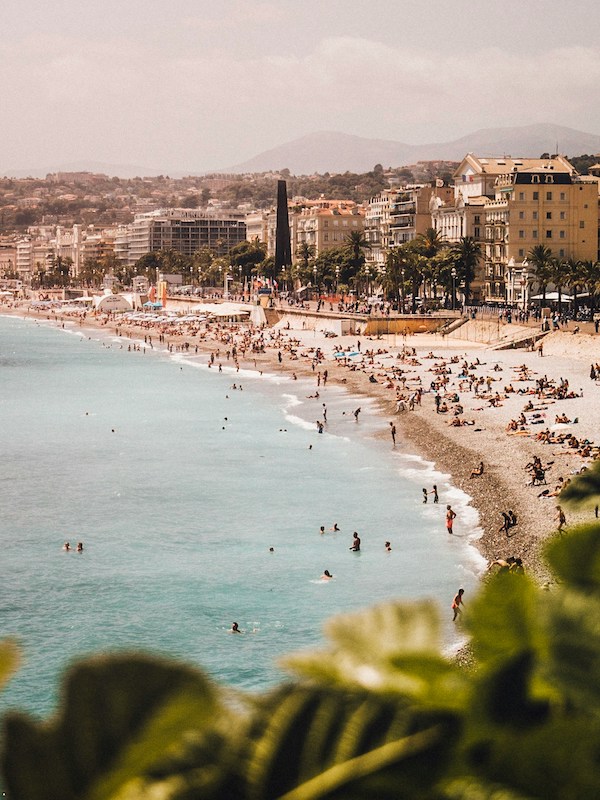
In recent years, the tradition of taking the entire month of August off has seen some changes. With the rise of flexible work arrangements and digital nomadism, some French people are opting for shorter, more frequent vacations spread throughout the year. However, August remains a symbol of rest and rejuvenation, a time when the nation collectively pauses to recharge.
Moreover, global trends and economic pressures have influenced the way French people approach their vacations. While the tradition of taking August off remains strong, there’s a growing awareness of the importance of sustainable tourism and mindful travel. Many now choose eco-friendly destinations and activities, reflecting a broader cultural shift towards environmental consciousness.
A Cultural Statement
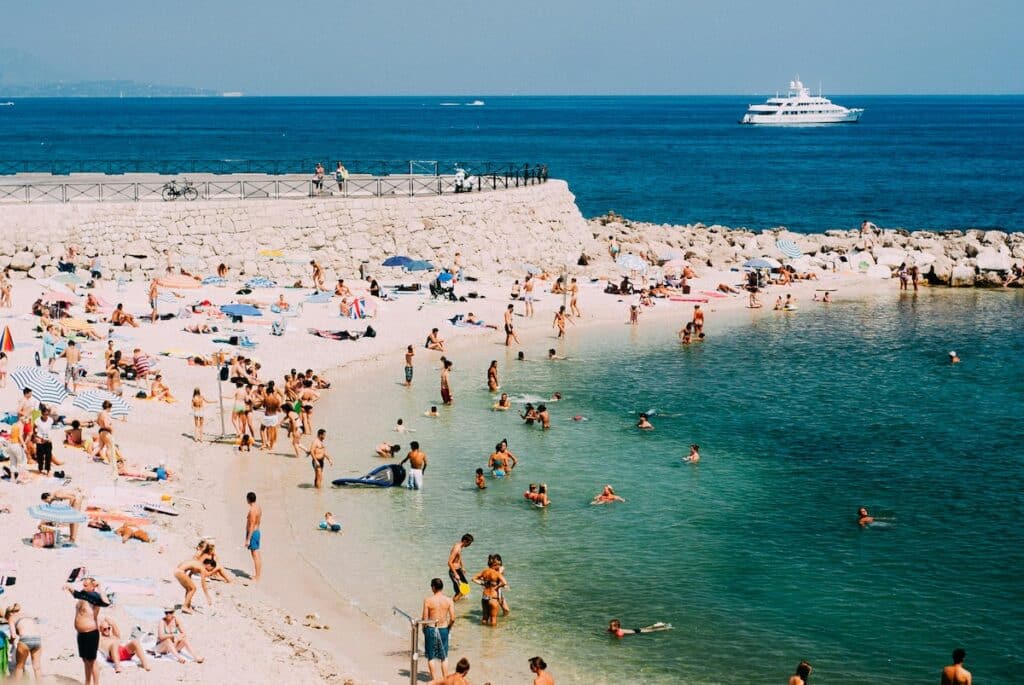
The French tradition of taking the whole month of August off is more than just a vacation; it’s a cultural statement. It embodies the French commitment to enjoying life, valuing relationships, and maintaining a healthy work-life balance. As cities empty and the countryside fills with laughter and relaxation, the French August exodus serves as a reminder that sometimes, the best way to appreciate life is to slow down and savor each moment. Whether it’s a stroll through a sun-drenched vineyard or a leisurely meal with loved ones, the French have perfected the art of living well — and August is their time to celebrate it.
Embracing the Art of Living Well
No matter where you are in the world, get in on the French spirit and take time to indulge in the simple pleasures of life. To get you started, check out some of the items that we’ve spotted the French bringing along with them on their August vacations – available to ship anywhere in the world from the MFCH Boutique.
